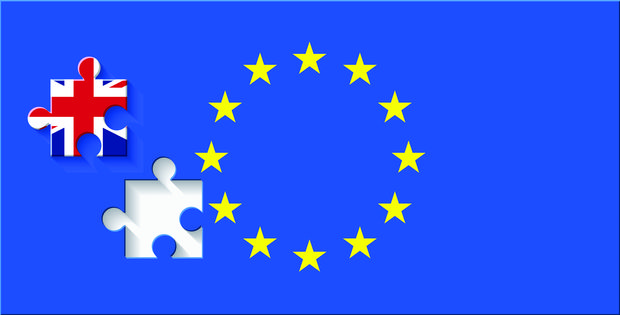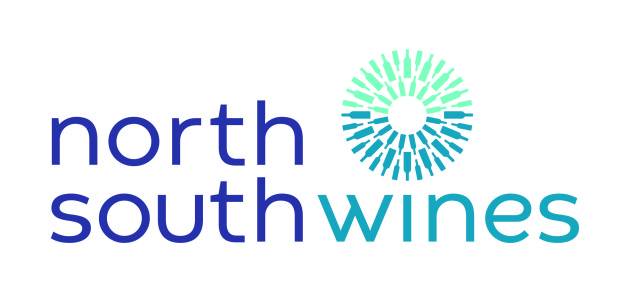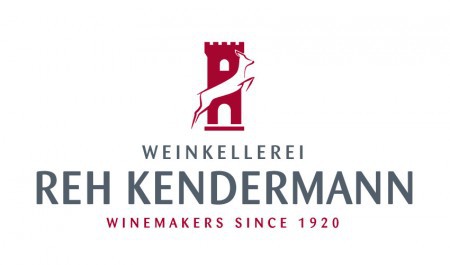
Brexit could put "dangerous" pressure on companies to cut corners
Brexit could lead to 'hazy' grape traceability and dangerous practices thanks to a squeezed industry post brexit.
Brexit could lead to 'hazy' grape traceability and dangerous practices experts have warned.
Quality assurance and due diligence specialists Grape to Shelf Consulting Ltd has highlighted its concerns following the shock leave result in June and says that the trade should take note from past scandals.
Director Jennifer Bond said: "Uncertainty around Brexit has devalued the pound. Without finding ways to reduce cost, sales will suffer with a knock on effect throughout the supply chain. With wine suppliers already squeezed there are limited ways to reduce costs further. Potentially this could lead to suppliers to buy grapes or ingredients from cheaper sources with 'hazy' traceability or adding things to wine which are dangerous.
"You might think it couldn't happen, but history says it does."
Bond sites the Glycol found in Austrian wine in 1985 which was potentially lethal and spelt disaster for the Austrian and German industries as one example, and also the Methanol in Italian wine incident in 1986 when 23 people lost their lives.
As well as posing a threat to human life and wellbeing, cutting corners in times of economic and political uncertainty can also have a devastating impact on brands.
"Genuine mistakes can be made when production sites are under time and cost pressures, but intentional issues can also occur when sites know they need to cut costs. Examples can include generating fake BRC certificates," Bond explained.
"And then there are potential security issues either on site from disgruntled employees or competitors trying to put sites out of business, or in the supply chain with issues such as substitution."
The firm is now warning the global wine industry to be vigilant and to protect itself from unscrupulous practices.
Last month, Harpers reported that the UK loses €25 million in spirits and €62 million in wine sales thanks to counterfeiting.
In times such as these, companies need to ensure they have a strong due diligence strategy in place to show that reasonable steps were taken to prevent an issue from occurring.
"If you can't prove it, you won't be supplying it," Bond warned.
"Supply chains are becoming more complex, making control over vulnerability and threats more challenging. Producers and agents are understandably focused on sales figures, but they still need to fulfil legal and due diligence requirements or the consumers, themselves, and potentially the wider industry will be at risk."
In a market where purchase prices are hitting rock bottom, there is the temptation for corners to be cut and inevitably the risk of something going wrong then increases.
But these issues can be avoided.
The best way, Bond says, is to take a pre-emtptive approach.
"Producers, agents and retailers have a legal responsibility to ensure a safe product. It's easier and cheaper to stop the problem from happening in the first place than to try to repair the damage.
"So listen to the advice of the technical department or outsource expert technical support. Use their expertise to understand your products, suppliers and supply chain. Where is it vulnerable? How can you ensure you are doing all you can to protect your products and consumers?"






